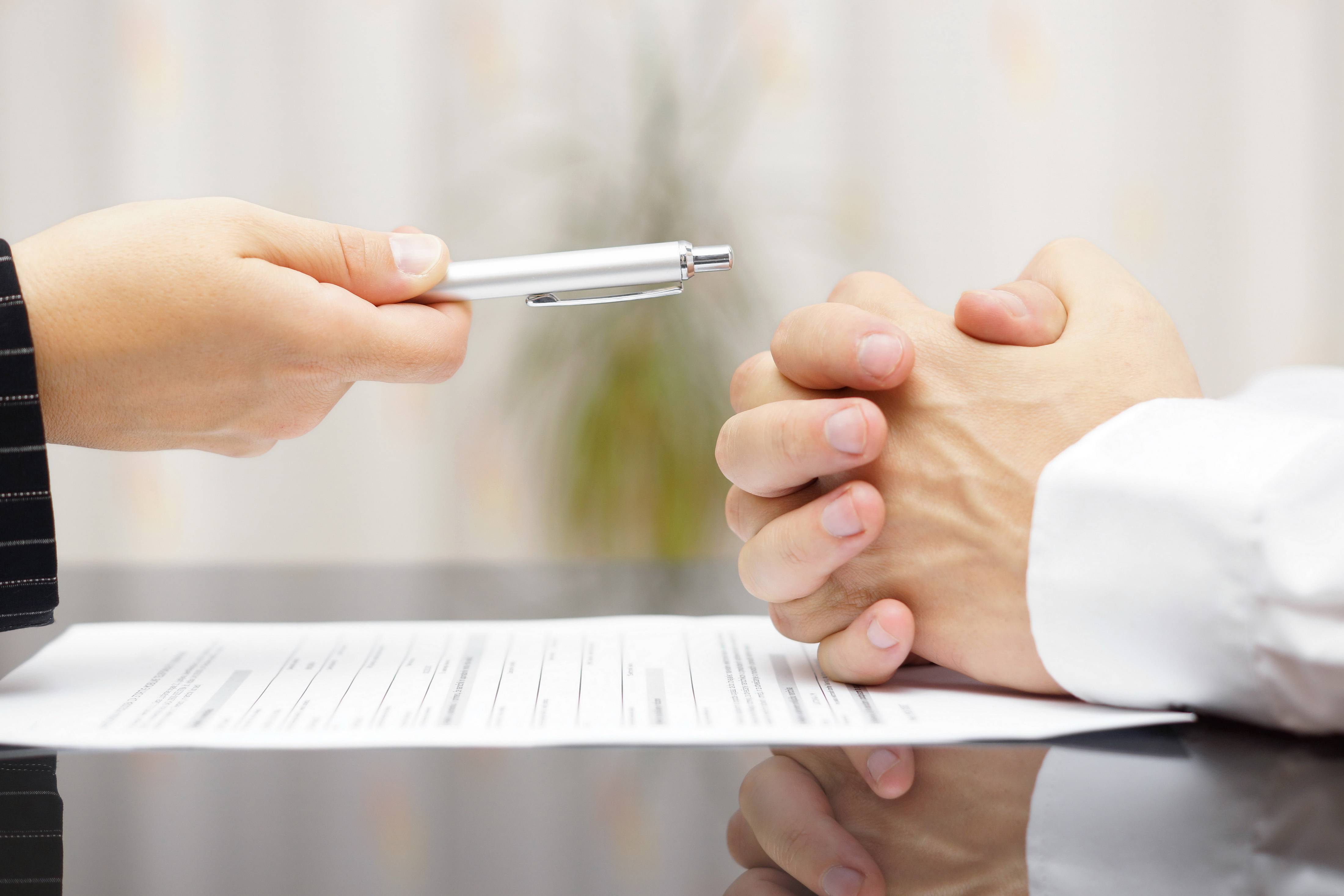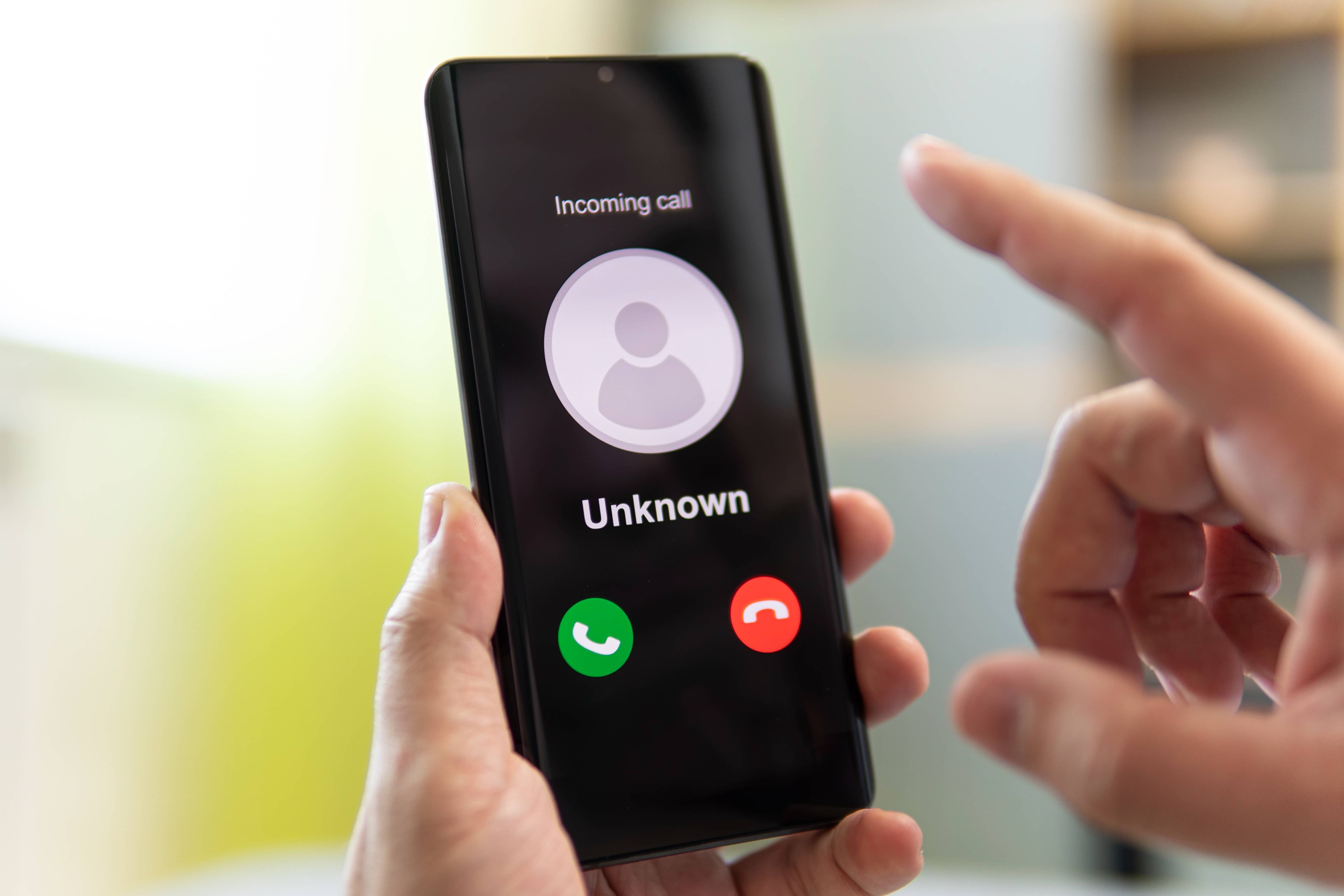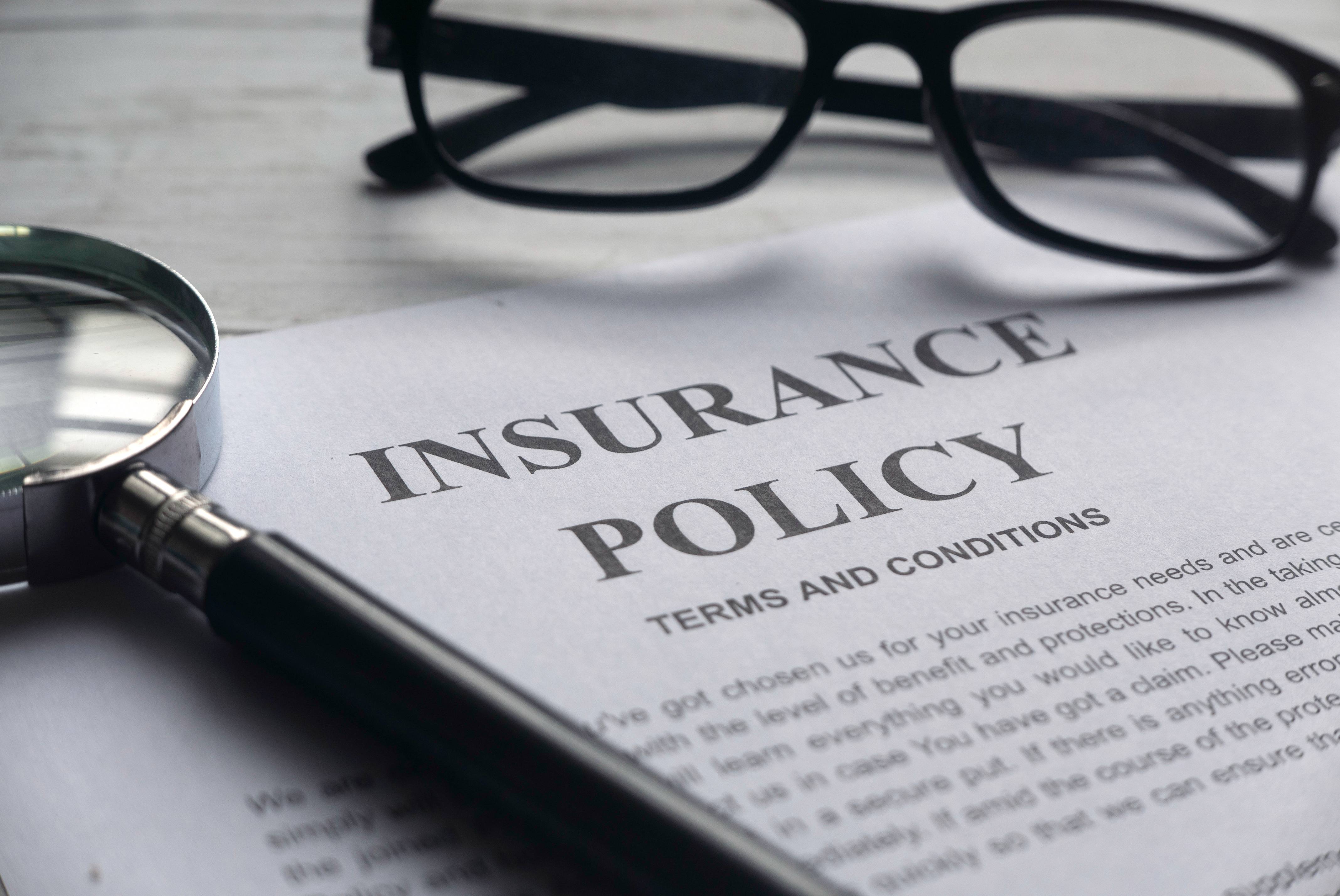
Don’t talk to the insurance company! 5 important tips for your personal injury claim!
 By Daniel Amos
By Daniel Amos If you have been in an auto accident, or many other types of accidents, you are probably going to deal at some point with an insurance company, probably in the form of a personal injury insurance claim. How, or if you deal with the insurance company, can make or break your claim.
Here are some critical issues to consider when deciding whether to communicate with “an” insurance company regarding your personal injury claim.
- Should you contact them?
- Should you speak with them if they contact you?
- What should you say, or do, or sign?
- Does it matter if it’s your insurance or their insurance company?
- Do you need a lawyer before you speak with them?
The first step in answering these questions is to determine which insurance company are you dealing with? Is it your insurance company, or is it someone else’s insurance company? This distinction is critically important and can radically affect your case.

First: Know who you are dealing with!
The first step is finding out exactly who you are dealing with. Anytime you are contacted by someone about the accident you need to ask them - "on whose behalf are you working". [it’s like asking them 'whose side are you on'?]
This is different than asking them “Who’s your employer?” For example, you might receive a phone call from a private investigator who is “employed” by an independent investigating agency, but they may be working on behalf of the insurance company for the person who caused your accident. So be careful! If you ask them, “Who are you employed by?” they could honestly tell you the name of their investigating service (their employer), but you still wouldn't know that the work they are doing is actually for the insurance company that is working against you.
So be very careful to first identify who they are, who their work is for (i.e. which insurance company or which lawyer) and ask them if they are being paid by someone or some company that has been hired by the person who caused your accident. If they are working for the other side, you probably should not be speaking with them unless you first consult a personal injury lawyer.

Second: Don’t sign the forms they send you!
My basic rule of thumb is don’t deal with the other guy’s insurance company (or anybody acting on their behalf) until it is absolutely necessary and until you know what to say, and what not to say, including what to give them and what not to give them.
For example, don’t sign a blank open-ended Medical Record Release form that they will probably send you in the mail. They are not entitled to “all your medical records” and you have to protect your privacy rights against their often intrusive inquires. Be sure to check with a lawyer before you sign or send them anything.
After an accident, it is very typical to receive all sorts of things in the mail regarding the accident. This can include forms from insurance companies who want you to sign them and fill them out and give them permission to obtain copies of your medical records, medical insurance, medical billing, employment records, accident reports, and all sorts of things. My general rule of thumb is to not sign or return any of those until you are ready and until you understand your rights. Be sure to keep all of those mailings in a safe place because you or your lawyer will need them when you are ready to settle your case.
For one interesting look into the tactics of an insurance company, take a look at this article: Top Ten Reasons You Can't Trust Mercury Insurance

Third: Beware of who you talk to!
In addition to receiving mail from different people and entities about your accident, you will also probably receive phone calls or texts regarding the accident. Be careful who you respond to!
When I say be careful who you respond to, I mean to be cautious about anyone who is working for, or on behalf of, any insurance company other than your own. This might include an insurance adjuster or an insurance representative or an insurance agent who is an employee of the other guy’s insurance company. It might also include someone who is working on behalf of that insurance company or is being paid by that insurance company.
And if you ever do speak to anyone, an investigator, an agent, a lawyer, or anyone else, be sure to get their name, their email, their phone number, and ask them who they are working on behalf of, so you’ll know who you are dealing with. If you’re not sure, don’t speak with them and contact a lawyer right away.
You also do not have to give them your date of birth or your Social Security number or your phone number or anything like that. In fact, be sure to get their email address. Email is the best way for you to communicate because it creates an accurate record of what was said and when it was said.
Don’t let the insurance company take advantage of you. Talk to a lawyer.
No recorded statement: If anyone calls you to speak about your accident or your claim, tell them you have a lawyer or you are looking for a lawyer, and certainly don’t give them a recorded telephone statement. That can really hurt your case.
Often insurance companies will harass or threaten you in an attempt to get you to give them a recorded telephone statement. I have seen many of them say things like, “...your case will never get resolved if you don’t give us a recorded statement” or “...we’re going to close our file if you don’t give us a statement”. Don’t believe them because you are not required to give them a recorded statement. If you do (without a lawyer representing you) you may be severely jeopardizing your case.

Fourth: Dealing with your insurance company is different.
Your insurance company is supposed to be there to help you after an accident. In the law, we say they have a duty of good faith and fair dealing. Unfortunately, they don’t always do that.
There are times unfortunately when your own insurance company becomes your adversary, such as when there is no insurance, or not enough insurance, to cover the person who caused your accident, and as a result, you are forced to make a claim against your own insurance company through your Uninsured Motorist benefits (UM/IM). If you are forced to make a UM/UIM claim against your own insurance company, you too have an obligation to deal fairly with them and you may wind up giving them a recorded statement. If that happens, I highly recommend you seek the advice of a lawyer before you give a statement.
Get a copy: I also recommend that if you give a recorded statement to your own insurance company that you make them agree on the record (on the recording) that they will provide you with an audio copy of the recording and a written transcript if they make one. Be sure to confirm that agreement in an email to them.

Fifth: Make a list!
Another important tip I give Higher Legal clients is to have a pad of paper, a computer file, or someplace where you can take notes on who you're talking to and when you are talking with them. It’s really important that you understand who is involved in your claim.
Insurance companies have a habit of rotating adjusters on every claim. I've always thought it’s done in order to make it more complicated for you, to confuse you, and so you don't develop a rapport with any particular adjuster. So be sure to make a note of everyone you speak with, who they are employed by, who they are working on behalf of, and get their email address.
Email is best! As I have mentioned before, I highly recommend that you get the email of anyone and everyone who contacts you. Email is a great way to make an accurate record of what is said, when it is said, and who said it. For more on the best way to communicate in these situations, take a look at my article: The 3 best tips to better communication with your personal injury lawyer
My hope is this information will be helpful to you when you are dealing with insurance companies after a personal injury accident.
If I can help you find an experienced personal injury lawyer who understands how to do this, please let me know. Tell Me About Your Case
If you need a referral to a great personal injury lawyer, send me a message through the Higher Legal website and I will get right back to you.
Higher Legal has been helping people find the best personal injury lawyers since 2009.
If you want to leave me a phone message, you can call me at 1-800-210-2104. Keep in mind I use some of the phone messages on the Higher Legal YouTube channel. If you want me to get right back to you, the best and the fastest way to reach me and get a response directly from me is through a message on the Higher Legal website.
If you found this information useful I hope you will ‘LIKE’ this post, share it with your family and friends, and ‘SUBSCRIBE’ to both this blog and the Higher Legal YouTube channel.
Your support helps grow our community and allows us to help others like you who are looking for reliable legal information.
Thanks again for reading!